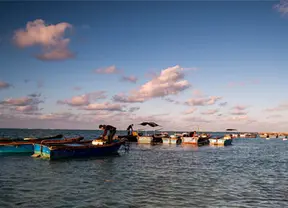
The China Fisheries Association issued on Wednesday a statement on the South China Sea arbitration case unilaterally initiated by the Philippines. Following is the full text of the statement's English version:
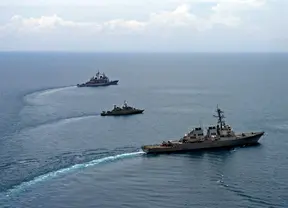
Any ruling of the Philippines-initiated arbitration of the South China Sea disputes will be invalid as the tribunal has no jurisdiction, experts in Taiwan said recently.
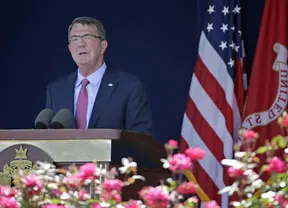
Issuing a series of harsh rhetoric lately against China's actions in the South China Sea, the U.S. military seems to be determined to turn itself into a destructive force against peace and development in the Asia Pacific.

Prime Minister Nguyen Xuan Phuc and his entourage arrived in Hanoi on May 29, concluding his visit to Japan at the invitation of his Japanese counterpart Shinzo Abe.
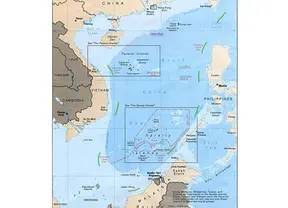
An old map published in 1899 by geographer J. Martin Miller shows that islands in the South China Sea have never been Philippine territory, Zeng Yingjing, the owner of the map, has told Xinhua.
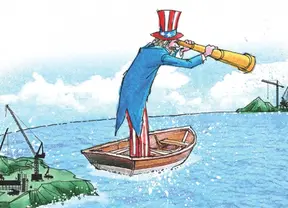
The United States' more frequent military moves in the Sea China Sea in violation of international law and in defiance of protests from a sovereign country concerned, only leads to escalation of tensions in the region.
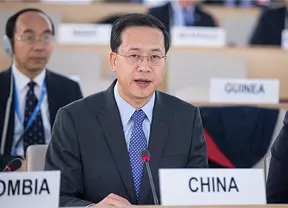
China's Permanent Representative to the United Nations Office at Geneva Ma Zhaoxu stressed on Friday that the South China Sea issue must be resolved peacefully through constructive and meaningful negotiations with neighbouring countries.
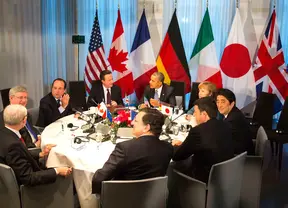
It is hypocritical for Japan, the presiding country of the Ise-Shima summit of the Group of Seven (G7), to require others to abide by the international laws when the island country led by Prime Minister Shinzo Abe neither follows its own Constitution nor international laws.

The China Law Society on Wednesday issued a statement on the South China Sea arbitration initiated by the Philippines. Following is the full text of the statement's English version:

Su Chengfen has spent all his life fishing in the reef-filled South China Sea, guided by a handwritten book more than 600 years old that depicts routes to various remote islands from Hainan province.

The future development of Sino-US ties is promising, but the United States should stay away from China’s internal affairs, a retired Chinese diplomat has warned.

The increasingly active U.S. military presence in the South China Sea region is fanning tensions in the region, and fueling concerns that it may lead to a tipping point in China-U.S. ties.
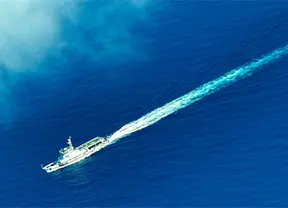
The release of an annual report by the United States to hype up China's "military threat" will only undermine the strategic mutual trust between the two major countries.
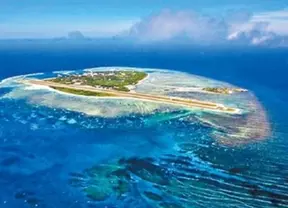
It can be seen from the above narrative, the situation in the South China Sea came to the state of where we are today is the result of the entangling effect of the actions and reactions along multiple lines.
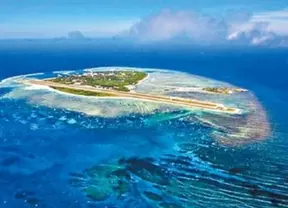
On February 5, 2014, US Assistant Secretary of State for East Asian and Pacific Affairs Daniel Russel said at a congressional hearing that China was “lack of clarity with regard to its South China Sea claims has created uncertainty, insecurity and instability in the region.”[xvii]
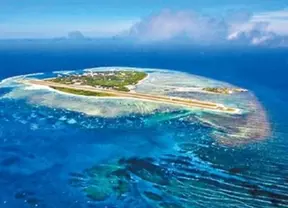
On January 22, 2013, the Philippines initiated an arbitral proceedings against China at the International Tribunal for the Law of the Sea.